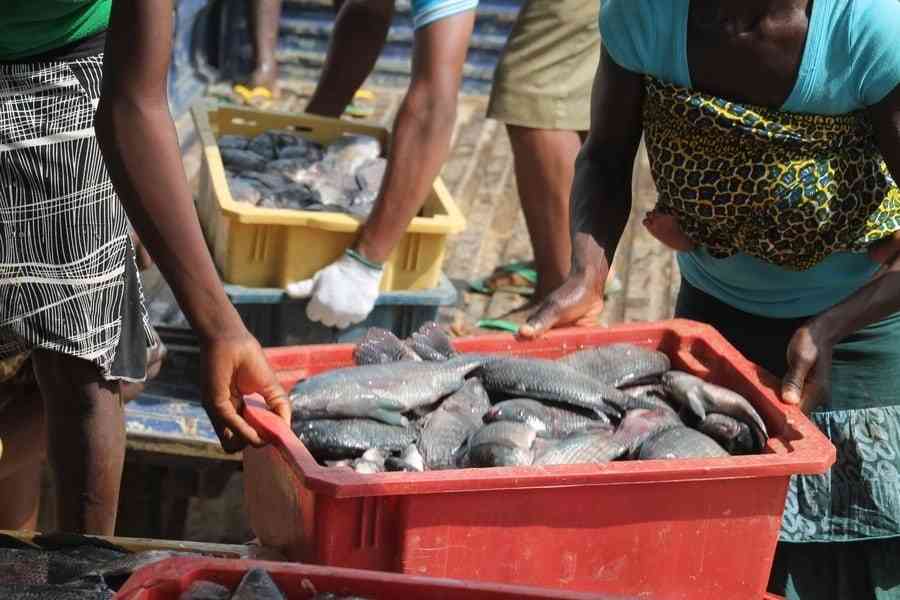WorldFish Nigeria has entered into a strategic partnership with the Indian Council of Agricultural Research (ICAR) to address Nigeria’s growing fish deficit and promote poverty reduction through sustainable aquaculture.
Speaking at the India–Nigeria Roundtable on Aquaculture and Fisheries held in Ibadan, WorldFish Nigeria Country Representative, Dr. Charles Iyangbe, said the collaboration aims to enhance technology exchange, innovation, and capacity building between both countries.
Nigeria, he said, currently produces 3.6 million metric tonnes of fish annually—well below its national demand—forcing the government to spend about $1.2 billion each year on fish imports.
“This is not acceptable, considering our vast aquatic resources,” Iyangbe said. “Through this partnership, we will learn emerging aquaculture technologies from India, which has about 6,000 scientists dedicated to fisheries research. Likewise, India will benefit from Nigeria’s experiences as we jointly develop context-specific innovations to strengthen local production.”
Iyangbe noted that beyond boosting fish output, the collaboration would drive food security, improve livelihoods, and position both countries as key players in South–South cooperation on sustainable food systems.
“Aquaculture is not just about fish—it’s about people,” he said. “It ensures rural farmers earn decent incomes, children have access to nutritious food, women are empowered as entrepreneurs, and ecosystems are preserved for future generations.”
Deputy Director-General of Fisheries Science at ICAR, Dr. Joykrushna Jena, said India and Nigeria have much to learn from each other in research, species development, and capacity exchange. “No nation is an island of knowledge. Collaboration allows us to share fast-evolving technologies and foster mutual growth,” he said.
The Food and Agriculture Organisation (FAO) Representative in Nigeria, Dr. Hussein Gadain—represented by Dr. Usman Abubakar—also emphasised the need for stronger partnerships between the public and private sectors to unlock investments in youth-led aquaculture ventures.
He added that challenges such as limited financing, high feed costs, and environmental sustainability concerns must be addressed collaboratively to strengthen Nigeria’s fish production value chain.





